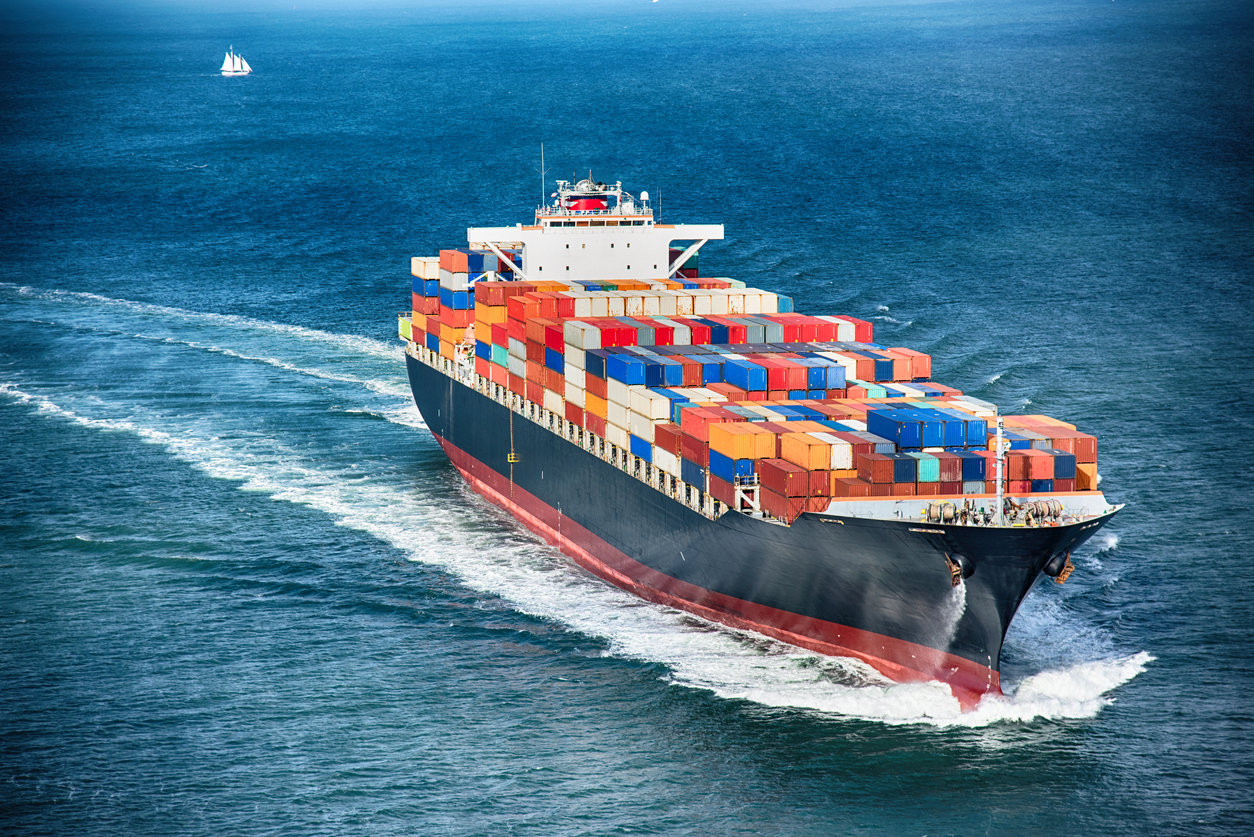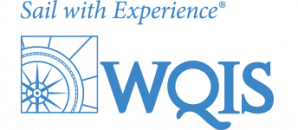Preparing Cargo Ships for Routine Safety Evaluations

Every year, hundreds of cargo ships run into danger while on the high seas. From choppy waters to big swells to running into marine wildlife, the integrity of a cargo ship can be threatened at any given moment. But even without outside elements, Cargo ships can create their own safety hazards if a ship safety checklist and inspection aren’t in place.
Adhering to routine safety evaluations onboard can help boost the overall health and safety on ships for both cargo and employees. These evaluations can help spot potential hazards before they turn into trouble on the high seas, including injuries, death, and loss of cargo.
Here are some safety precautions onboard ships that can be taken now in order to ensure the safety and integrity of cargo ships at sea.
Check Lifeboats
The lifeboat and all its equipment held inside, such as edibles, pyrotechnics, and other safety elements (i.e. life jackets), should be checked and renewed when necessary. The ship’s crew must be instructed and educated on the preparation of the lifeboat and purpose of every item onboard. Necessary overhauling and renewal must be done at regular intervals to make sure that in the event of an emergency, the equipment will function as it’s intended and prevent further injury or damage.
Inspect Life Rafts
Like lifeboats, life rafts need to be inspected regularly to ensure safety and integrity. Cargo ship clients should be encouraged to make any replacements and repairs if required, including making sure the stickers and lettering on the sides of the life rafts can be seen easily when out at sea.
Testing Fire Detection Systems
Major fires on container ships are among the largest hazards for both the global shipping market and cargo ship insurance market. Whether it’s a kitchen fire that turns into a major blaze or a plugged pump that catches fire, all cargo ships should have updated and effective fire detection systems in place to ensure that any fire-related hazard will be mitigated immediately.
Cargo ship staff can test the fire/smoke detection systems, such as looking at fire pumps, extinguishers, nozzles, and couplings. Additionally, staff should practice fire safety drills to ensure their safety if a fire does break out.
Radios & Communications
All radio systems, whether they’re on board or on lifeboats, should be tested and kept in optimal working condition. These radio systems help connect a ship’s cargo on board or a call about being stranded at sea to nearby cargo ships or safety contacts. Testing them out on a daily basis is crucial as crews will need to relay information in a timely manner if there is a safety issue at hand.
While not every hazard can be protected against, taking these steps regularly can help to eliminate the potential for costly dangers to occur. Keeping these safety precautions on board ships will help to keep crews educated and aware, and cargo from becoming lost or damaged.
About WQIS
At Water Quality Insurance Syndicate (WQIS), we provide water pollution liability insurance from the smallest to the largest fleets for vessel operators worldwide, providing coverage for more than thirty thousand (30,000) vessels, pollution guaranties for over three thousand five hundred (3,500) vessels, and have cleaned up over five thousand (5,000) spills in our history. WQIS offers insurance on behalf of twelve (12) subscribing insurance companies in the Marine Insurance Market (see Subscribers for details).
